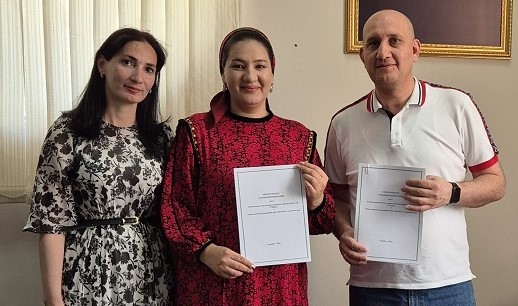Climate change affects every aspect of society today, and many countries are continuing to respond to both the global and domestic challenges posed by a warming planet. Adapting to the effects of adverse weather conditions, enacting new policies to cut greenhouse gas emissions, and changing infrastructures to ensure smooth implementation of climate actions are only part of the challenge; ensuring a green transition is aligned with a country’s growth and development objectives is also critical for fundamental, transformational change.
Therefore, many governments link their climate change and sustainable development plans. By doing so, governments can advance their climate and sustainable development goals together.
A primary driver of this approach is that climate-related policies almost always have socio-economic impacts. Climate policies could have both positive and negative effects on jobs, health, food security, household expenditure, and so on. Having data on hand to show the effects of those policies can help policy makers weigh the benefits of actions against potential trade-offs, by mitigating negative impacts and strengthening the positive ones. This in turn, informs policy making processes, and addresses the challenges of being able to demonstrate the impact of climate policies on sustainable development.
For example, when a country phases out its coal-fired power plants, decision makers would want to know what the reduction in greenhouse gases would be. In addition, what would the environmental benefits — such as improved air quality — be? Would there be any economic benefits, such as reduced healthcare costs? And how many jobs would be lost and how many created? Reliable data is needed – ideally integrated into a country’s climate transparency framework – that can provide answers to all these questions. This transparency framework is vital for national policies to be well designed and implemented, and to contribute to the building of confidence amongst national and international stakeholders.
This is where ICAT’s Sustainable Development Methodology comes in. The methodology helps decision-makers assess multiple environmental, social and economic impacts of activities to demonstrate if policies are effective in delivering social development and climate change effects, whether they be positive or negative.
ICAT partnered national experts to implement just this in Sri Lanka, Nigeria, Ghana and Costa Rica. ICAT’s implementing partner in Sri Lanka, Ghana and Costa Rica was UNEP Copenhagen Climate Centre; while the Greenhouse Gas Management Institute was the implementing partner in Nigeria.
Sri Lanka
The ICAT project in Sri Lanka began with the development of a measurement, reporting and verification framework for the country’s transport sector, and then – using the ICAT methodology – developed a framework to assess the social development impacts of the climate-related activities it had implemented in the sector.
This involved developing assessment procedures for transport-related contributions to the health impacts of air pollutants, noise pollution levels, gender equality and women empowerment, traffic congestion, road safety, wages, job creation, cost saving of privately owned vehicles, and new business opportunities.
In the long term, this will enable Sri Lanka to quantify the sustainable development benefits of its climate programme for the transport sector; in turn, this could enhance stakeholder support and mobilize finance.



